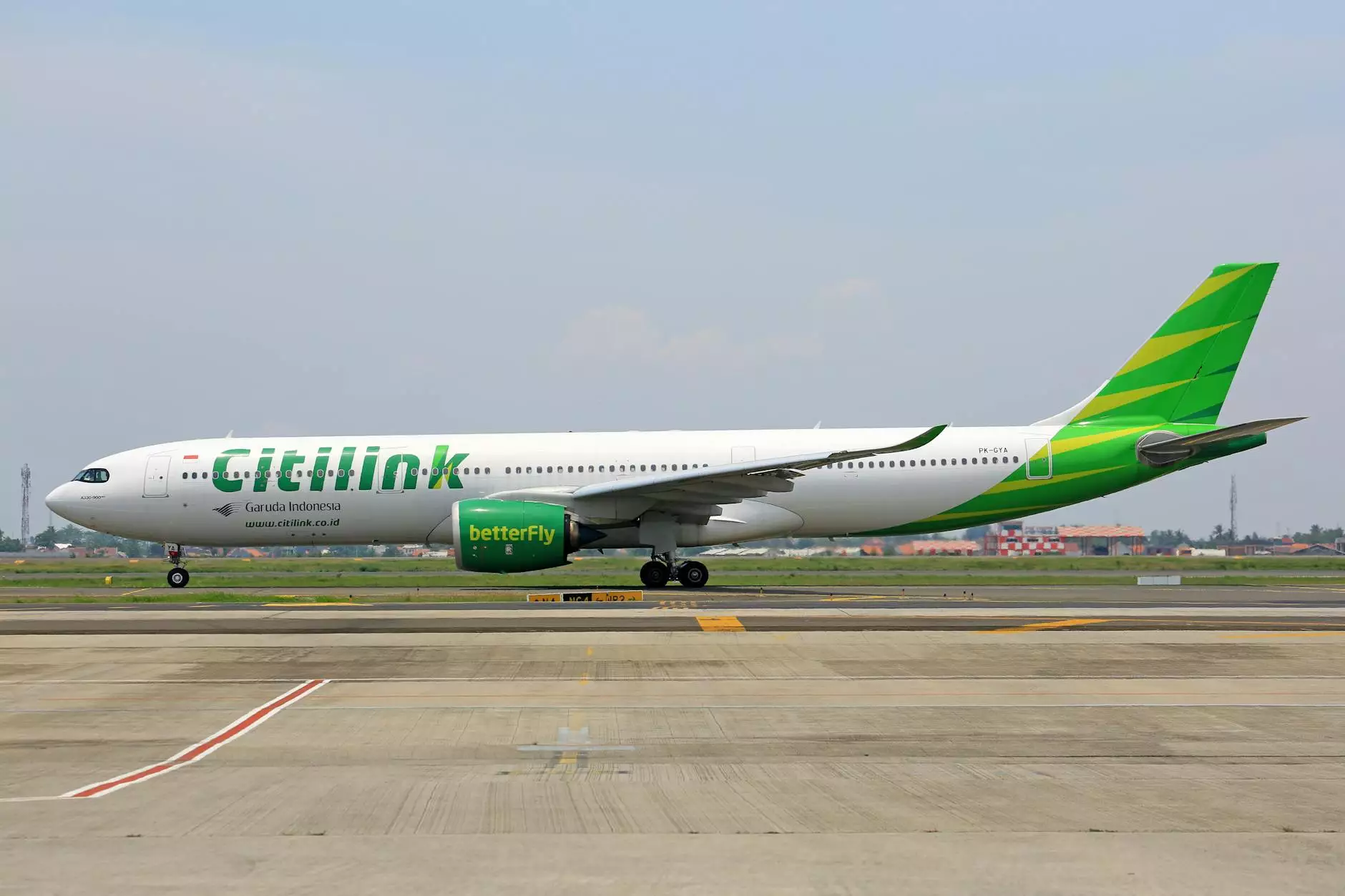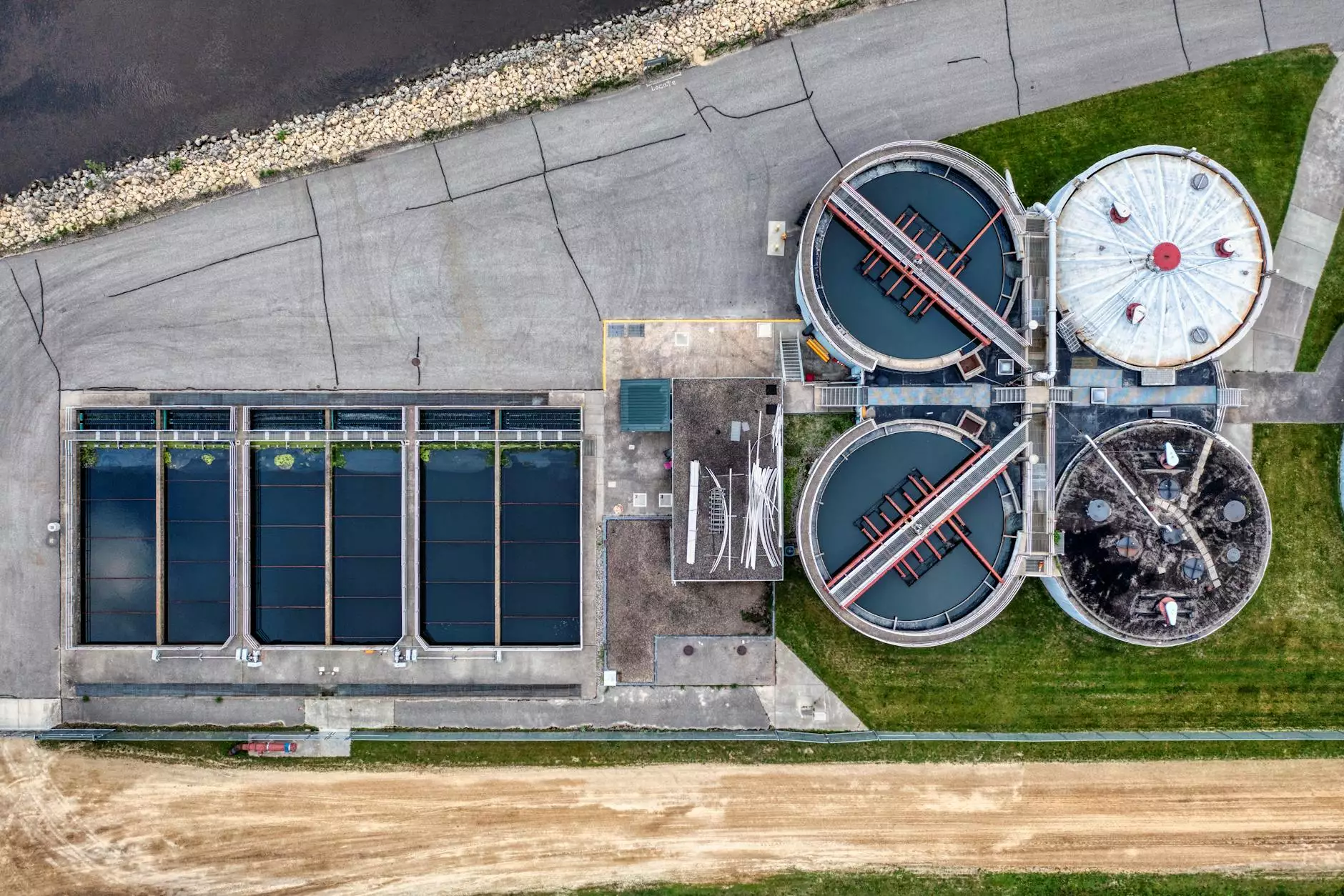Understanding the Average Air Freight Cost Per KG: A Comprehensive Guide for Your Business Logistics

In the dynamic world of international trade and logistics, knowing the average air freight cost per kg is essential for making informed shipping decisions, budgeting effectively, and optimizing supply chain operations. Whether you are a small business owner or a logistics manager for a multinational corporation, understanding the nuances of air freight pricing can dramatically impact your bottom line.
What Is the Average Air Freight Cost Per KG?
The average air freight cost per kg refers to the typical price charged by cargo airlines or freight forwarding services to transport one kilogram of goods via air freight. This figure varies significantly based on multiple factors, including shipment volume, destination, airline policies, seasonal demand, and the nature of the cargo.
Knowing this average provides a benchmark against which businesses can compare pricing offers, plan budgets, and forecast expenses. It helps avoid surprises and ensures that logistics strategies remain aligned with overall financial goals.
The Significance of the Average Air Freight Cost per KG in Global Trade
Air freight is often chosen for its speed, reliability, and broad reach, especially when dealing with time-sensitive goods. However, its costs are typically higher than sea freight or land transportation. The average air freight cost per kg serves as an important indicator for:
- Budget planning and financial forecasting
- Pricing strategies for products sold internationally
- Evaluating the feasibility of expedited shipments
- Identifying cost-saving opportunities within logistics operations
Factors Influencing the Average Air Freight Cost Per KG
The cost per kilogram is not static; it fluctuates based on an array of influencing factors. Understanding these factors is critical for businesses seeking to control and predict their shipping expenses accurately.
1. Shipment Volume and Freight Density
Bulk shipments typically benefit from volume discounts, reducing the average air freight cost per kg. Moreover, the density of the cargo—how much weight is packed into a given volume—directly affects transportation costs. Heavier or more compact cargo generally incurs higher costs due to weight-based or volumetric pricing models.
2. Destination and Distance
Transporting goods to or from remote locations or less-developed countries often involves higher costs due to limited cargo flights, longer transit times, and specialized handling requirements. The proximity to major hubs also plays a role, with closer routes typically being more economical.
3. Fuel Prices and Operating Costs
Fuel prices have a direct impact on airline operating costs. Fluctuations in global fuel markets lead to variations in freight rates. Additionally, airline operational costs, including crew wages, maintenance, and airport fees, contribute to overall shipping costs.
4. Seasonality and Market Demand
During peak seasons—such as holiday periods or major shopping events—the demand for air freight surges, leading to higher rates. Conversely, off-peak periods often see reduced prices, making it the ideal time for cost-effective shipping.
5. Nature and Type of Goods
Hazardous, perishable, or high-value items may require special handling, security measures, or refrigeration, all of which increase the average air freight cost per kg. Similarly, oversized or fragile cargo demands extra care, thus raising costs.
How to Optimize Your Cargo Shipping Costs Using the Average Air Freight Cost Per KG
Efficient management of air freight costs is vital for maintaining profitability and competitiveness. Here are key strategies to optimize costs based on insights into the average air freight cost per kg.
1. Consolidate Shipments
Combining multiple smaller shipments into a larger consolidated shipment often reduces the per-kilogram cost. This strategy leverages economies of scale, making every kilogram cheaper to transport.
2. Choose the Right Shipping Partners
Partnering with reputable logistics providers like cargobooking.aero helps access competitive rates and reliable service. They can provide insights into the average air freight cost per kg across various routes and carriers, enabling better decision-making.
3. Optimize Package Dimensions
Reducing volumetric weight through smart packaging can significantly lower costs. Ensuring that packages are compact not only reduces the volume but also prevents paying for unnecessary space.
4. Plan Shipment Timing Strategically
Align shipments with off-peak seasons or periods of lower demand to benefit from reduced rates. Advance planning can also ensure availability of space at favorable prices.
5. Focus on High-Value, Time-Sensitive Cargo
Prioritize shipments that genuinely require air freight over sea or land transport. For some goods, the added speed justifies the cost, while for others, alternative routes may be more economical.
Understanding the Latest Trends in Air Freight Pricing
Monitoring current trends helps anticipate fluctuations in the average air freight cost per kg. Recent years have seen notable shifts due to factors like global economic conditions, pandemics, and geopolitical tensions.
Impact of Global Economic Factors
Economic growth boosts demand for air cargo, often pushing rates upward. Conversely, economic downturns tend to reduce shipping activity, lowering costs temporarily.
Technological Innovation and Efficiency
Advancements in logistics technology, route optimization, and fuel efficiency contribute to stabilizing or reducing air freight rates over time. Companies embracing digital platforms like cargobooking.aero can better track market prices and choose the most cost-effective options.
Environmental Regulations and Sustainability Initiatives
Stricter environmental policies may impose additional costs on airlines, influencing the average air freight cost per kg. However, sustainable practices can lead to long-term savings and more stable pricing structures.
The Future of Air Freight Costs and Business Strategy
Looking ahead, the costs associated with air freight are likely to continue evolving as global supply chains adapt to new realities. Businesses that stay informed and leverage platforms like cargobooking.aero will gain a competitive edge in managing their logistics budgets effectively.
Investing in data-driven decision-making, embracing technological solutions, and cultivating strong relationships with logistics providers are all vital steps for reducing the average air freight cost per kg and enhancing overall supply chain resilience.
Why Choose cargobooking.aero for Your Air Freight Needs?
At cargobooking.aero, we bring decades of experience in Shipping Centers, Transportation, and Airports services, providing unparalleled access to competitive rates and market insights. Our platform enables you to:
- Compare live air freight prices across multiple carriers
- Optimize your logistics strategy based on real-time data
- Save time and money with streamlined booking processes
- Receive expert support tailored to your shipment requirements
Understanding the average air freight cost per kg and actively managing it is crucial for thriving in international markets. With cargobooking.aero, you gain a partner dedicated to delivering cost-effective, reliable, and flexible freight solutions.
Conclusion
Mastering the intricacies of the average air freight cost per kg empowers your business to optimize costs, improve supply chain efficiency, and gain a competitive advantage globally. Recognizing the factors influencing this rate, employing strategic planning, and leveraging advanced booking platforms are key to success in today’s fast-paced logistics landscape.
Keep a close watch on market trends, continually seek innovative solutions, and foster strong relationships with trusted freight providers like cargobooking.aero to ensure your shipping strategies remain cost-effective and resilient in the face of changing global conditions.









